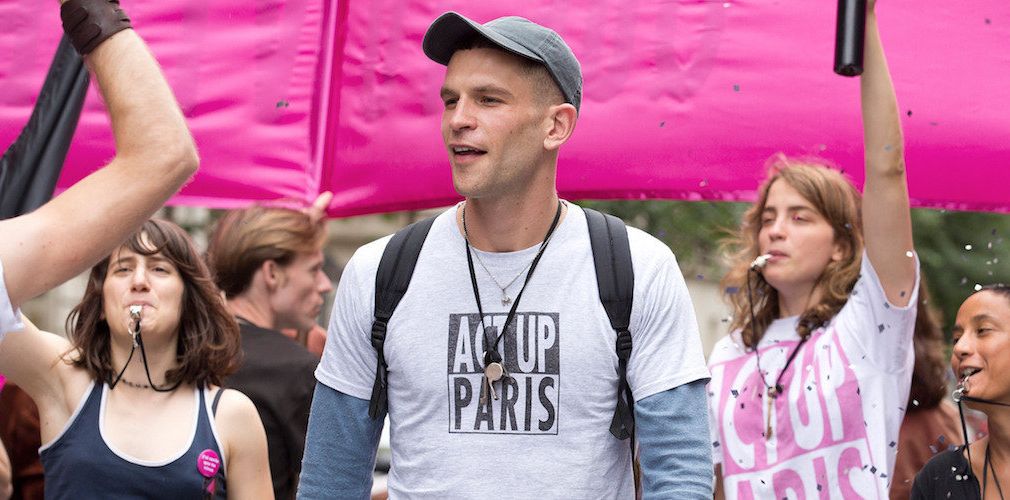
‘When we started we knew nothing about AIDS’: former ACT UP activist

When Philippe Mangeot joined the HIV/AIDS activist group ACT UP in Paris in the late eighties, he knew very little about the virus.
“When we started ACT UP we knew nothing about AIDS, we had to invent everything,” he said.
“And because there was no internet, we had to meet in person if we wanted to discuss strategy or mobilisation.
“Nobody really knows what happened then, or at least most people have forgotten what it was like to live between hospitals in your twenties.”
At the height of the AIDS crisis, ACT UP was critical in calling for access to experimental drugs, a co-ordinated national policy to fight the disease, and greater visibility in mainstream society.
As a HIV-positive man, Mangeot said his experience in ACT UP changed his life forever.
“I could have died,” he said.
“They were terrible years but great years at the same time, because it was our youth.
“It was a time that doesn’t exist anymore. Most of our debates are on the web nowadays, and if you have an argument with someone far away it’s dry. It’s harder to find friendship in activism now.”
Mangeot is the screenwriter for the new film Beats Per Minute, or BPM, which was largely inspired by his experiences in ACT UP.
The film follows the personal lives of ACT UP members in Paris as they stage public protests against the French government’s inaction around AIDS.
Mangeot said while the characters in the film are fictitious, he deliberately “protected” himself in three or four of the characters.
“The experience of AIDS today is completely different to the experience we had 25 years ago, and it’s important for young people to know the story,” he said.
“Lots of people who have already seen the film are moved, because they’re discovering a part of their history they may not have known a lot about.
“The idea around ACT UP was that we were gay and HIV-positive, and we wouldn’t let anybody else decide things for us. We wanted to be the masters of our own stories.
“So making the film was important for us because it was a way of saying that we are still responsible for talking about our own history and we won’t let anybody else speak for us.”
Despite the major strides the HIV sector has made to eliminate new transmissions of the virus, Mangeot believes wider society still needs to continue being educated.
“So many people don’t know that you can’t pass on HIV if you’re on treatment and undetectable,” he said.
“After 30 years of condoms, I stopped using them because my doctor explained to me that I couldn’t pass my HIV on.
“As for HIV-negative people, they need to know more about PrEP and prevention strategies.
“And when we’re fighting against HIV and AIDS, we need to remember that we’re not only fighting for gay people – we’re also fighting for drug users, sex workers, prison inmates, migrants, and refugees as well.”
BPM is currently screening as part of both the Melbourne Queer Film Festival and Alliance Francais French Film Festival. It will receive a wider theatrical release in May.









